This foreword appears in the newly published Religiosity in Australia: Religion and charity.
It is the hoariest chestnut of the lot, one of the first things we were told by the wise-heads as we were about to enter the adult world: “Never discuss religion or politics.”
The idea was that to take your place in polite society you had to steer away from the two topics most likely to give rise to opinions that are as passionate and deeply felt as they risk being divergent from your interlocutors, hence…heat.
So, avoid!
Which brings us to the subject of the report you are about to read, occupying the very space we were so warned not to go into, the space where in fact, politics and religion intersect, looking at everything from the tax-free status that religions and religious donations enjoy in Australia, to the very nature of donations made by religious versus non-religious people in this country, the purposes those contributions are made for, whether or not donors think their contributions are really for a good cause, whether they also personally benefit from their contribution, and how “voluntary” they feel their contributions are.
The subject matter has surely never been more topical.
I write in the very week that the Hillsong Church has been accused by Independent MP Andrew Wilkie in the Federal Parliament of using church funds on – as reported in my own paper, the Sydney Morning Herald – everything from private jets, to luxury retreats to designer goods and custom skateboards, doing, and I quote, “the kind of shopping that would embarrass a Kardashian.”
The document tabled by Wilkie in parliament, which detailed the allegations from a Hillsong whistleblower, alleged, among other things, that “in 2021 four members of the Houston family and their friends enjoyed a three-day luxury retreat in Cancun, Mexico using $150,000 of church money.”
The subject matter has surely never been more topical.
The tabled document alleged there had been “$82,000 on allowances for pastors and executive staff to purchase meals, $26,000 on entertainment, $37,000 on flowers, $171,000 on gifts, $288,000 on honorariums to guest speakers, $13,000 on high tea” and more.
“Conversely, the amount spent on helping ‘people in need’ included just $2,900 for pastoral care direct costs, and $1,500 on pastoral care visitations.”
Interesting, then, that one of the findings of this research volume is that those who donate to religion are far less likely than most to say their contribution is for a good cause.
To be fair, a spokesperson for Hillsong has denied all such allegations, but you get the drift. It is just one more case where modern reality appears to crash headlong into the view once as cherished as it was widespread that religion is a force for good, led and practiced by good people in the service of goodness.
Often, no doubt, it still can be – any who say otherwise can count on being on the receiving end of very strong, very passionate views, mostly based on the beliefs they were raised with.
A mistake, then, to go into such fraught territory?
Not at all. No doubt it will generate some heat from the usual suspects, and the critics will claim the Rationalist Society is out on a witch-hunt. It is doing no such thing. As it has often noted, this organisation is not anti-religion, it is pro secularism – and this report is the same.
A fair clue as to the veracity of the above is that a patron of the Rationalist Society, former High Court Justice Michael Kirby, is a devoted Anglican while still being a passionate advocate of secularism — the notion that the state should treat the religious and the non-religious with absolute equality.
And here is the virtue of the whole exercise. This volume is not built on opinions, on deeply felt passions, on unverified claims or upon dubious sources. It is built on facts based on deep research, and that is what is most needed in the current debate that is warming up as we speak.
As the author has noted, the findings “are based on empirical, quantitative analysis of gold-standard Australian university data sets, especially including the very significant Giving Australia Study 2016. This dataset was generated by scholars at Queensland University of Technology and Swinburne University.”
It is fine academic work and should help inform the debate. Given that a number of findings of the work are less flattering of religious Australians’ contribution to charity than vocal religionists would have us believe, the debate is likely to be vigorous.
I commend this work, and am honoured to have been asked to write the foreword.
March 2023
Photo by Allef Vinicius on Unsplash.




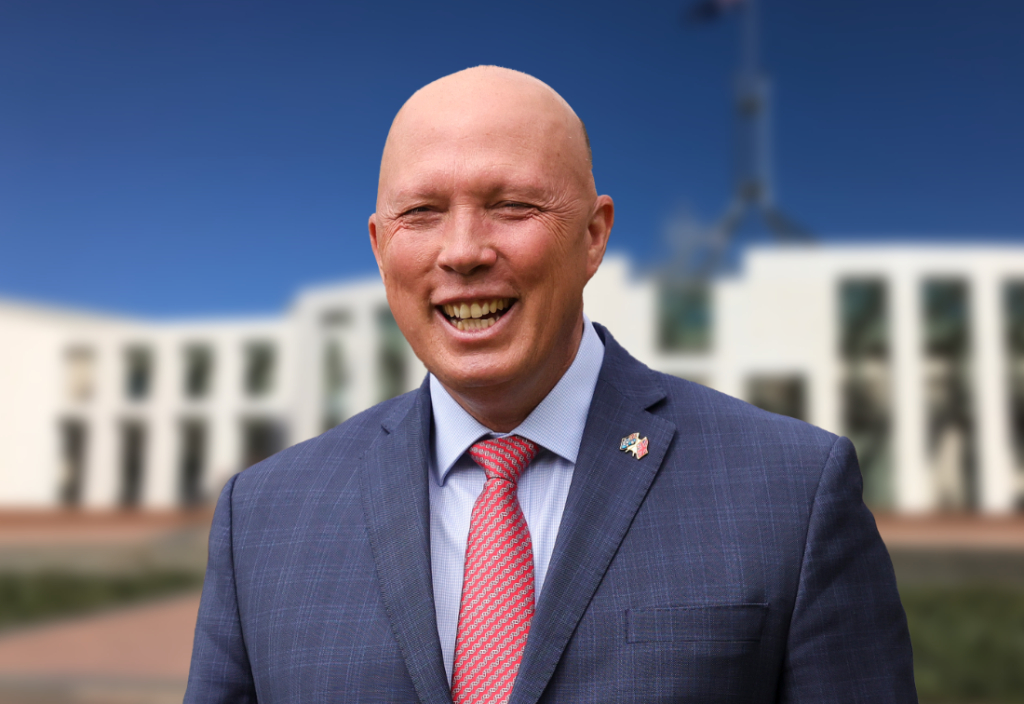
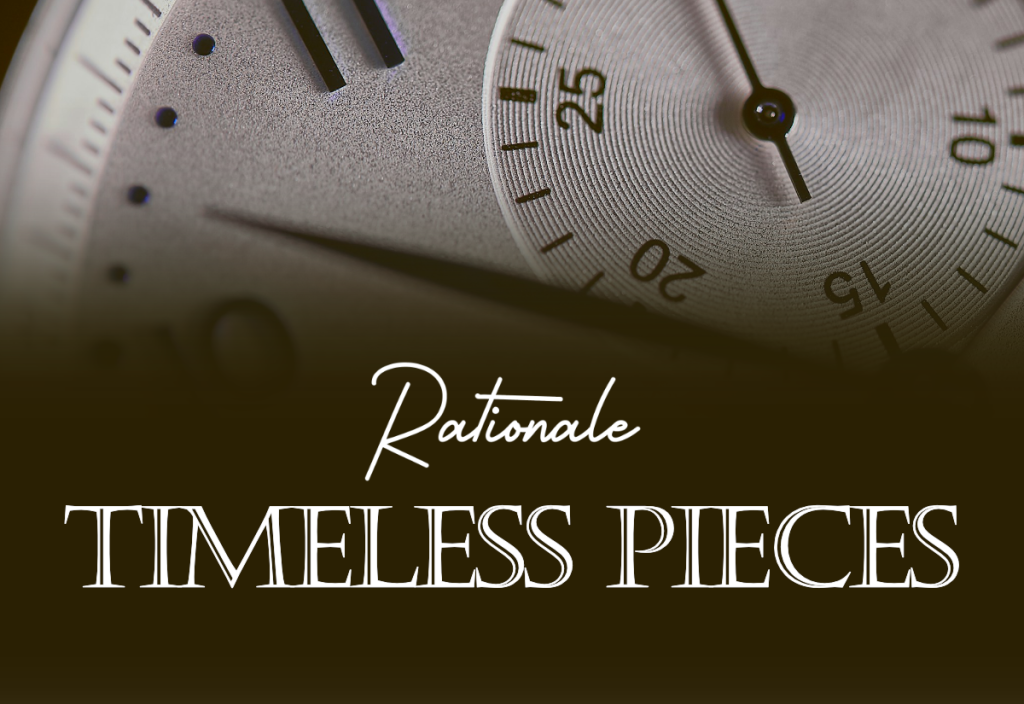
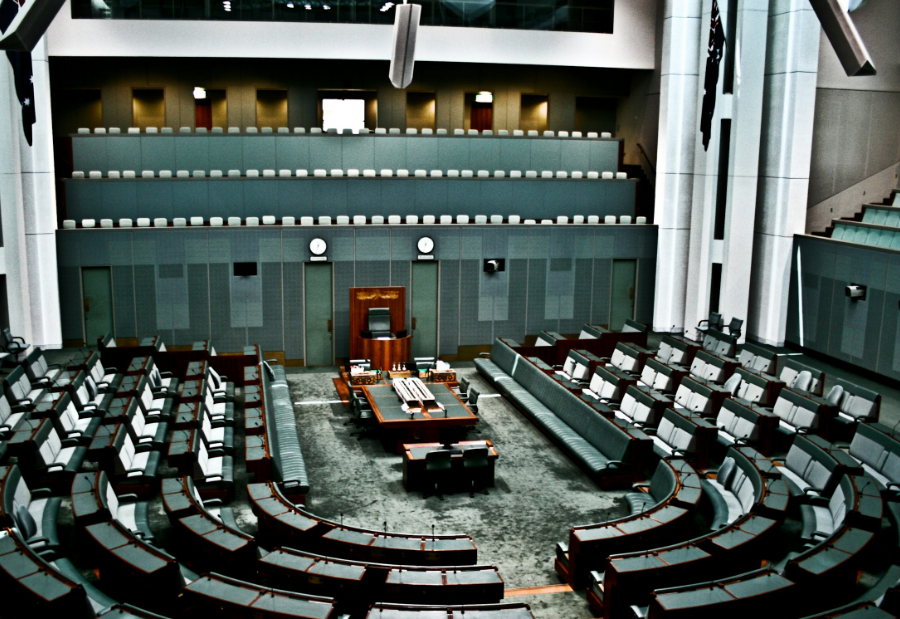
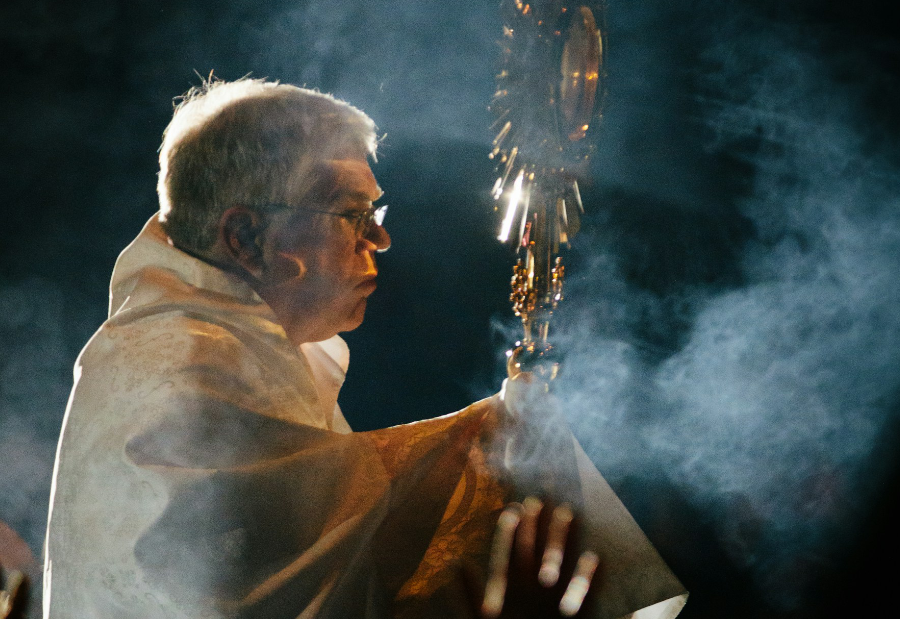

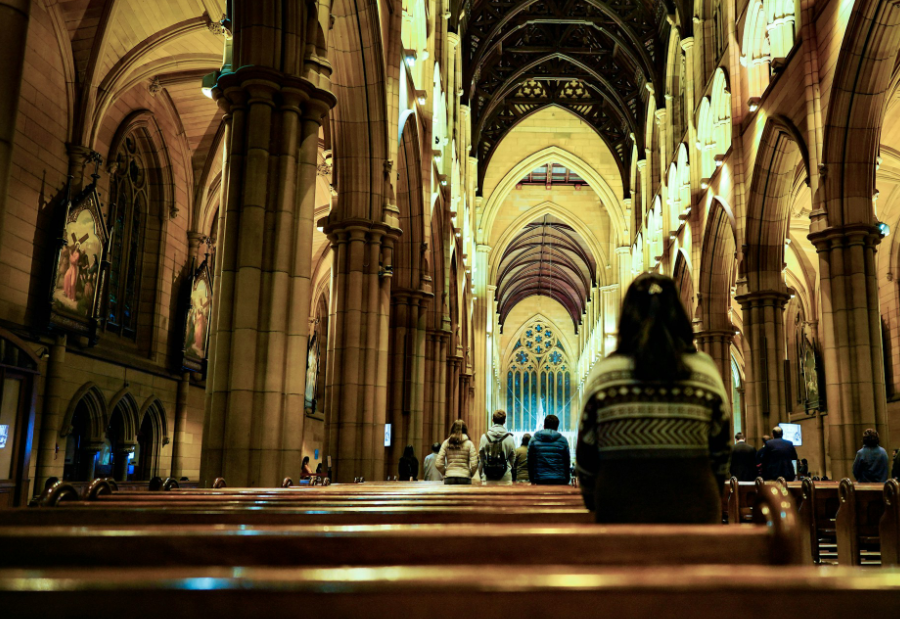
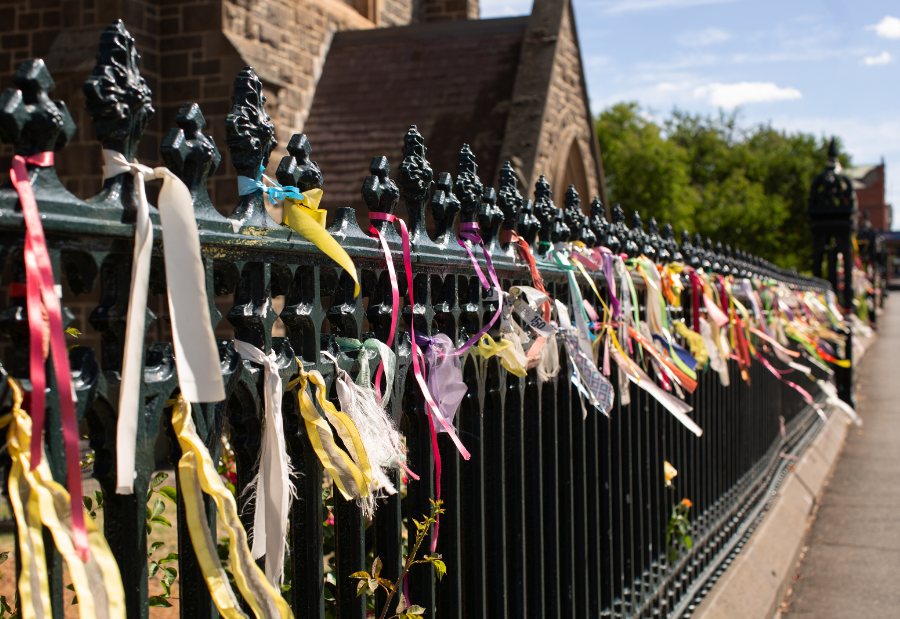



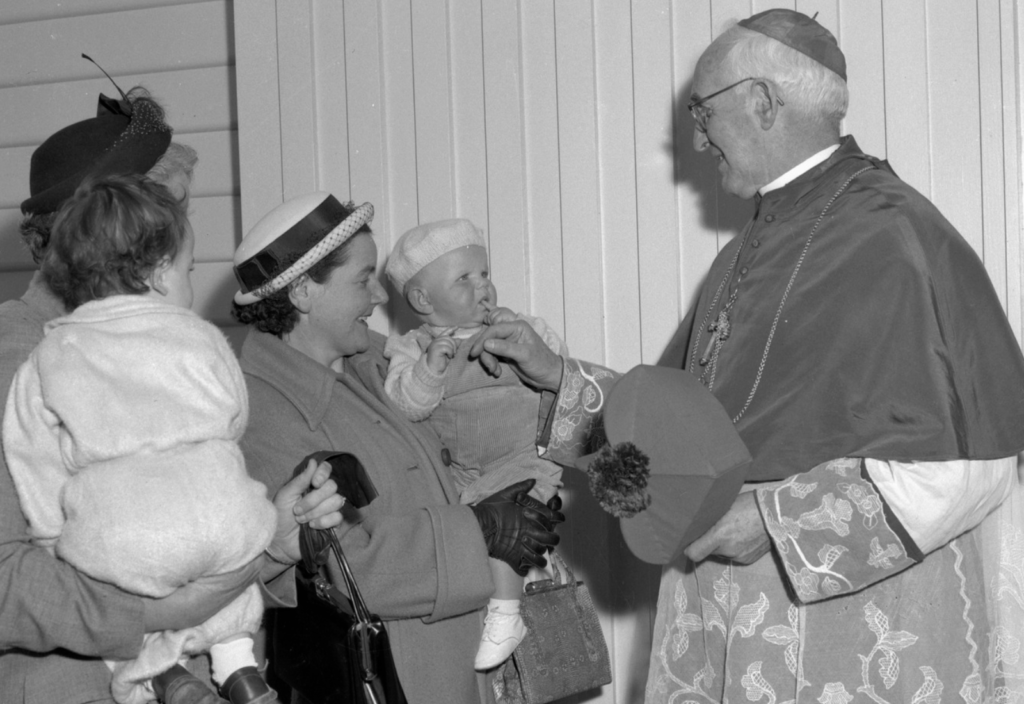
Hi Peter,
It’s great to catch you on this platform and read your forward to the Religion and charity report. The thought that comes to mind now that I’m looking at the image alongside your piece is also the healthy taciturnity around talking money in those “polite societies” – but nevertheless of singular importance in the politics of religion and charity.
Jack Dikian
Mosman